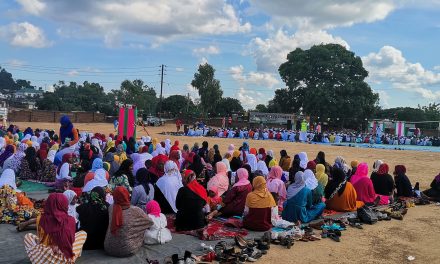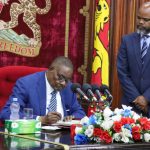
Lessons Unlearned – The Cycle Of Missteps

Malawi’s history of economic and political governance reads like a series of déjà vu moments—repeated crises arising from the same causes, each regime seemingly unwilling or unable to learn from the past. The fuel shortages, power outages, and forex crises we are experiencing today are eerily reminiscent of the turmoil during the latter years of President Bingu wa Mutharika’s administration.
Under Bingu’s regime, what began as a promising economic era unravelled into a nightmare for Malawians. Acute fuel shortages and prolonged power outages left the country paralyzed. Businesses closed, transport was halted, and citizens bore the brunt of an economy in freefall. At the heart of the crisis was the mismanagement of foreign exchange reserves and poor planning, issues that ultimately alienated international donors and plunged the nation into deeper woes.
The Democratic Progressive Party (DPP), under Peter Mutharika, brought some respite when they returned to power in 2014. Key monetary policies were introduced to stabilize the Kwacha, rebuild relations with the International Monetary Fund (IMF) and World Bank, and restore investor confidence. For the first time in years, Malawians experienced relative stability in forex and fuel supplies. However, this progress was short-lived.
This begs the question: Why has Malawi failed to learn from its past mistakes? Political transitions often lead to policy shifts, but why do these shifts ignore lessons from history? Every administration inherits the successes and failures of its predecessor, yet the refusal to build on existing systems and adapt to foreseeable challenges has left the nation caught in a vicious cycle.
The upcoming elections will undoubtedly be a turning point for Malawi. Citizens will once again weigh the performance of the current regime against the promises of the next hopefuls. History has shown us that the economy, governance, and election outcomes are intricately connected. Poor economic performance almost always translates to dissatisfaction at the polls.
The next regime, whoever it may be, must break this cycle. It must learn from the past, prioritize economic stability, and ensure that policies are not just reactive but proactive. As we reflect on the lessons unlearned, one truth remains clear: without foresight and accountability, Malawi risks being trapped in an endless loop of crises, unable to realize its full potential.
Let this serve as a reminder to both leaders and citizens that governance is not just about power—it is about responsibility. It is time for Malawi to rise above its history and chart a path to sustainable progress.
































